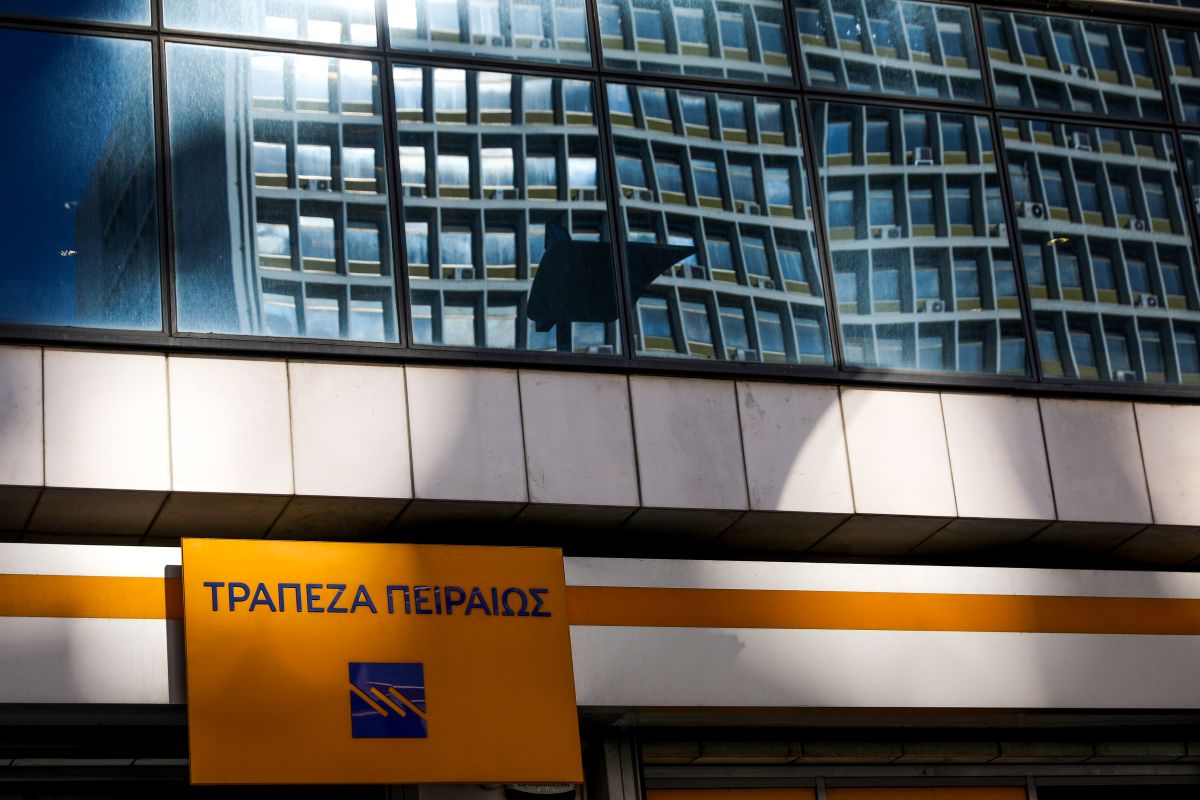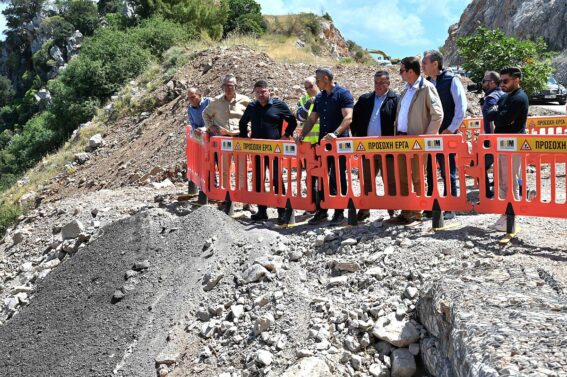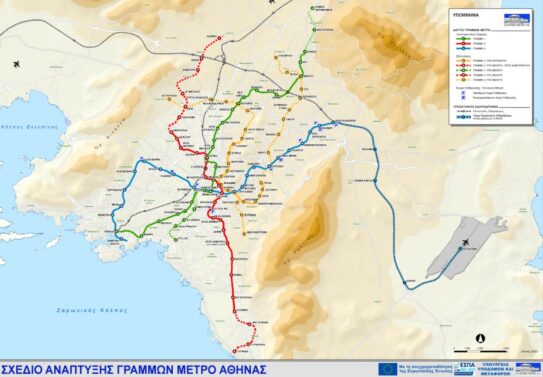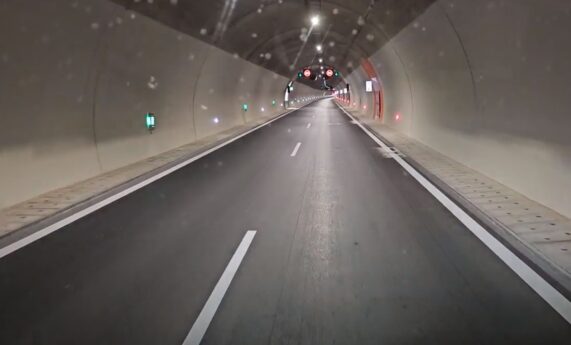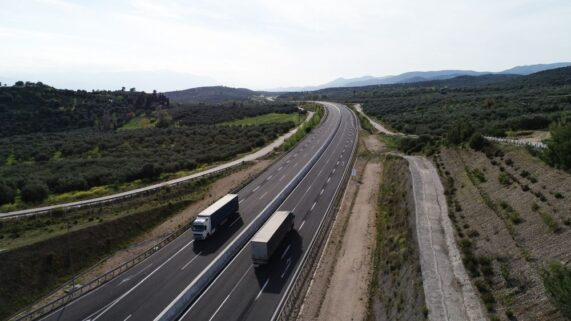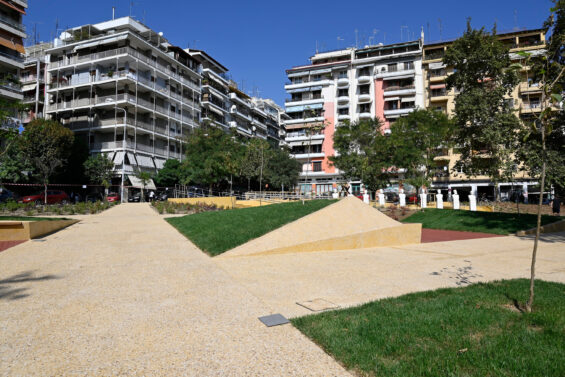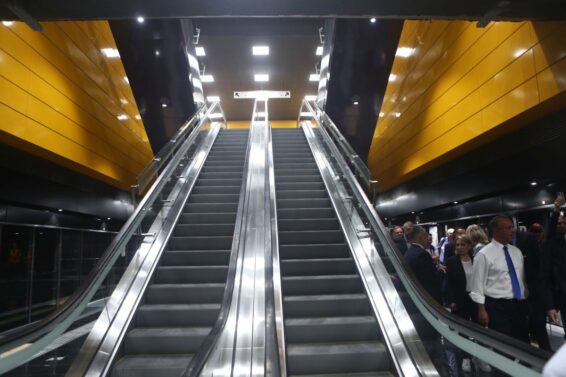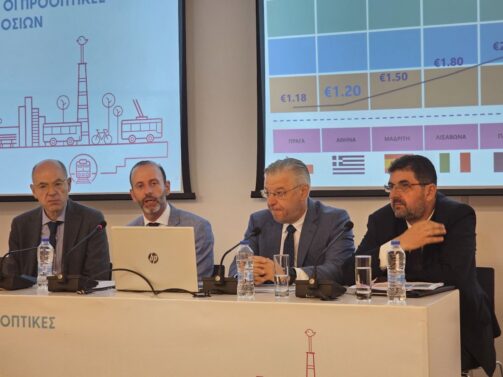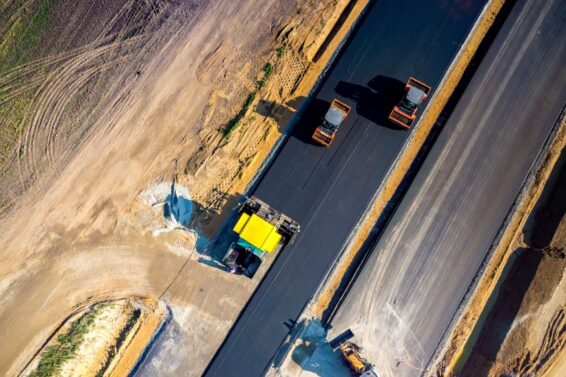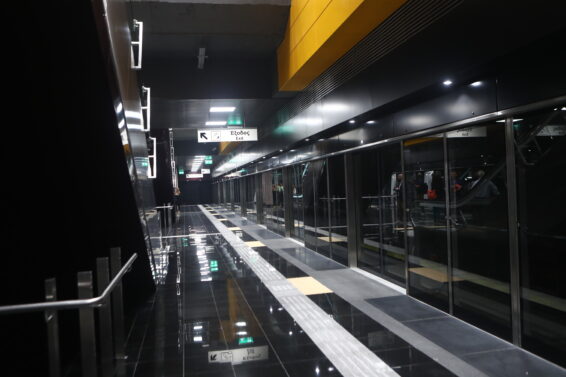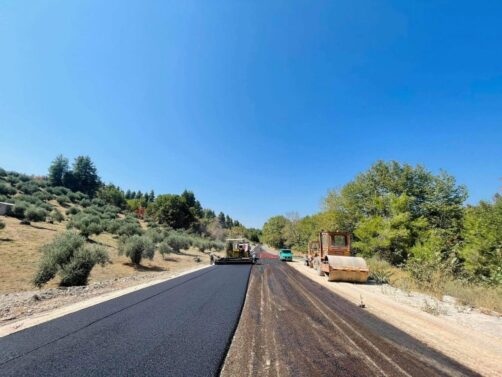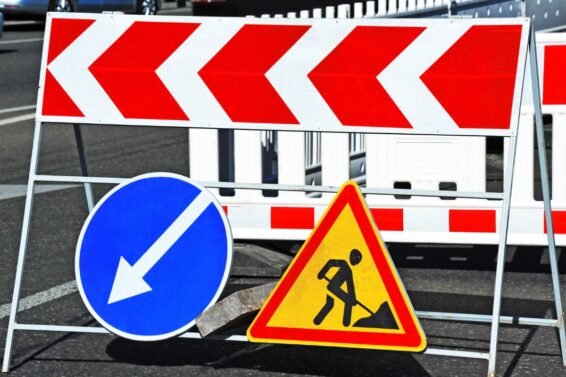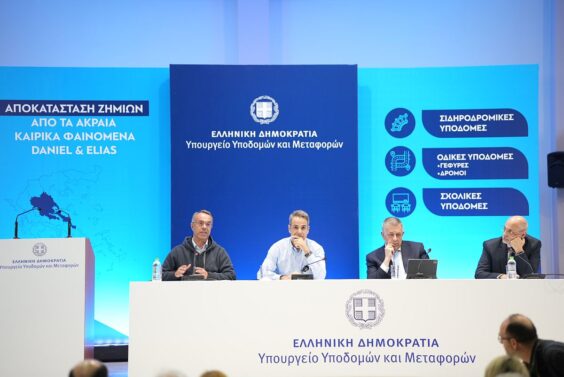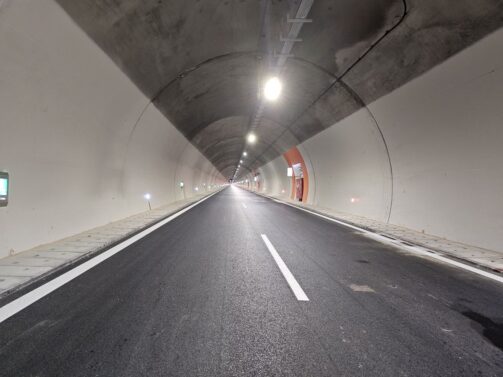The European Union (EU) has published a 15-page set of guidelines for the gradual and safe restoration of transport services as coronavirus restrictions are lifted.
The EU says that as the health of passengers and workers is the key priority, the easing of travel restrictions should be gradual so that operators have time to readjust to rising passenger and freight demand.
The EU points out that while the Covid-19 pandemic has affected the entire EU, its impact differs between countries and regions. “An entirely risk-free environment for travel is not feasible,” the EU says, “but risks must be minimised as much as possible.”
Close cooperation
The report urges close cooperation both within the EU and with other countries, and calls for mutual acceptance of the public health situation and measures adopted. The EU says cooperation is indispensable for a gradual and safe restoration of global transport systems. As tourism is an important part of the EU economy – it accounts for 10% of the French economy for example – and is inherently linked to transport, adequate connectivity will be crucial to the revival of tourism.
The EU wants all modes of transport to progressively resume services as a matter of priority. It wants measures which restrict transport to be limited in scope and duration to what is necessary to protect public health. There should be continuous monitoring of anti-coronavirus measures so that new and more efficient measures can be adopted as soon as they become available. The EU is particularly keen to see cross-border coordination of measures to restore the full functioning of the Single Market.
The EU says safe measures to protect people should be identified, such as intensified cleaning and disinfection, rather than blanket prohibitive measures which paralyse transport. For example, insisting on the quarantining of people travelling between countries irrespective of coronavirus symptoms should be avoided. Measures should be applied equally to all operators on a particular route and at departure and arrival points.
Operators should improve communication with both staff and customers, and workers should be adequately consulted, trained, and instructed, and employees that come into close contact with passengers should be equipped with personal protection equipment. Operators should strive to make information available on average occupancy rates.
Social distancing
Operators should maintain social distancing for passengers and staff. Service frequency and train length should be increased where possible to reduce crowding, and off-peak travel encouraged. Protection barriers should be erected in stations and on trains where necessary, passenger flows should be separated, facilities which encourage crowding should be removed or rearranged, sanitisers should be readily available and information on recommended behaviour should be displayed clearly. The EU recommends the wearing of face masks by passengers in major stations and on trains.
The online sale of tickets and seat reservations should be prioritised to avoid queues at ticket counters and machines, and seat reservations should be compulsory on regional and long-distance trains. Passengers should not sit next to strangers, and operators should use passenger counting systems and CCTV to manage capacity.
Operators should be prepared to isolate people with suspected Covid-19 at major stations and deal with passengers who become ill during a journey.
The EU Agency for Railways (ERA), which has relevant expertise with railway operations and safety methods, as well as an extensive communication network, is ready to share best practices. The Shift2Rail Joint Undertaking is already exploring possibilities to support the development of apps, based on anonymised and aggregated data, to understand crowding at stations, which could also benefit public transport.
Cross-border high-speed services between central and southern Germany and Paris resumed on May 11 after a six-week break. One daily train is operating between Frankfurt and Paris via Saarbrücken and a second from Karlsruhe to Paris via Strasbourg. A further ramp-up of ICE/TGV international services is planned in early June.
Source: railjournal.com
ΜΗΝ ΞΕΧΑΣΕΤΕ
- Ακολουθήστε το ypodomes.com στο Google News και μάθετε πρώτοι όλες τις ειδήσεις για τις υποδομές στην Ελλάδα
- Αν είστε επαγγελματίας του κλάδου, ακολουθήστε μας στο LinkedIn
- Εγγραφείτε στο Ypodomes Web TV



